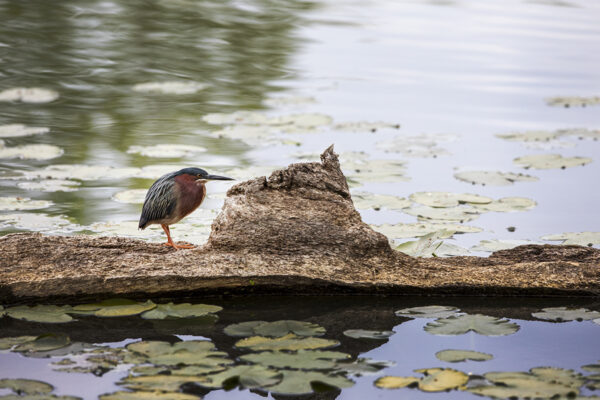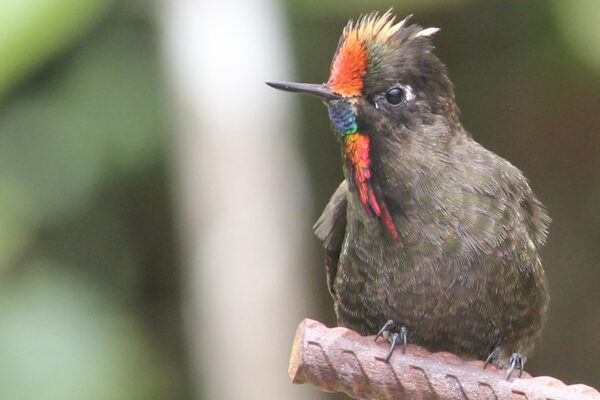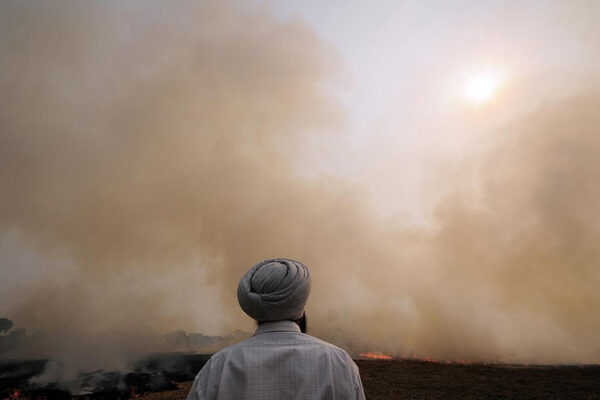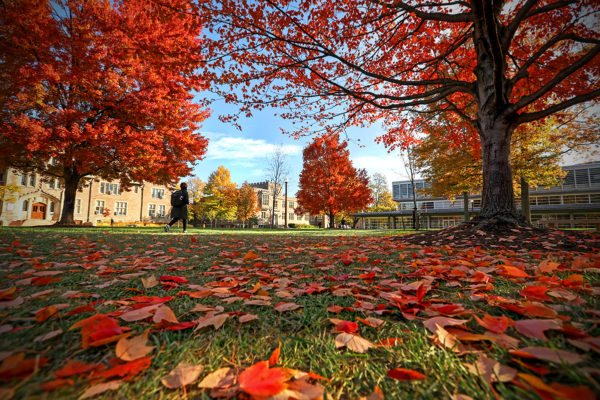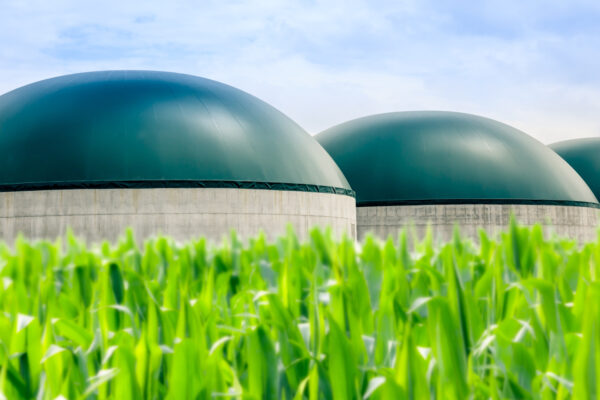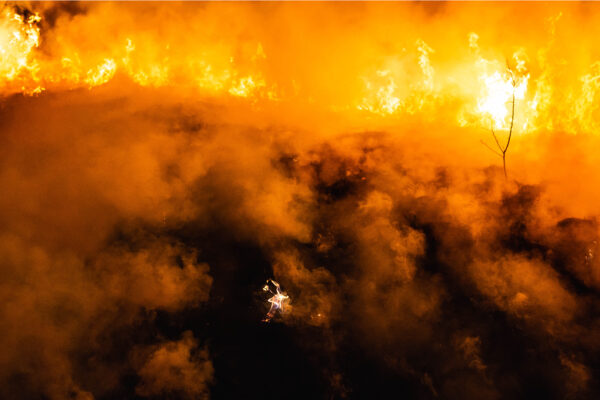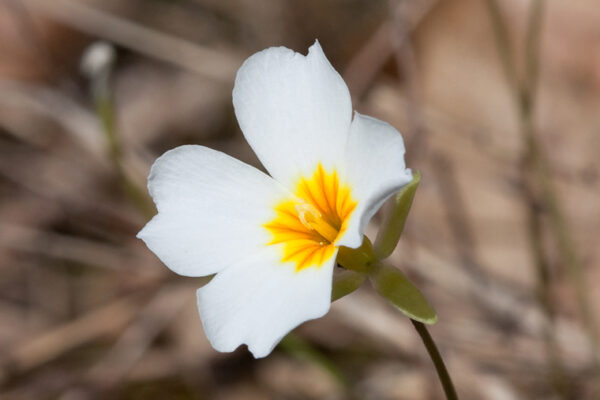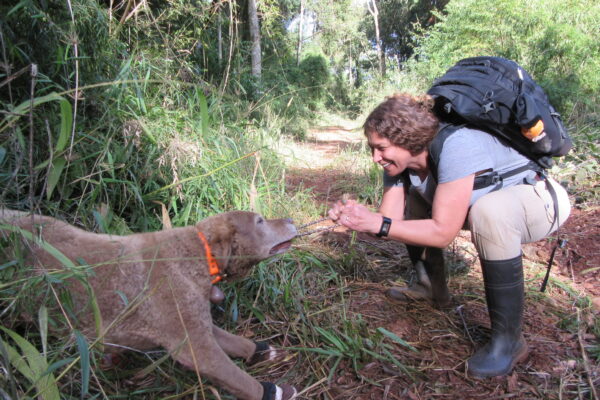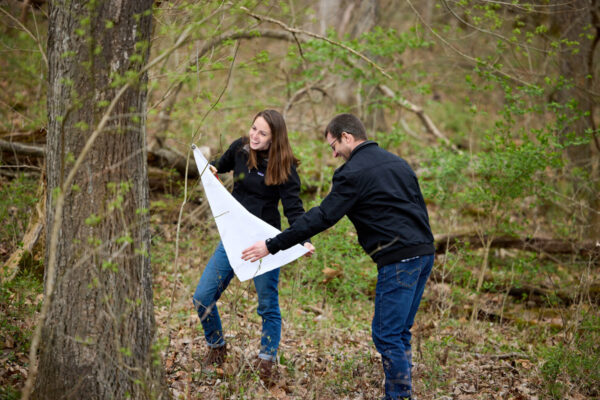Into the forest
For decades, Forest Park has enticed generations of WashU community members to step outside the university’s campuses and explore. Today, students and faculty are venturing deeper into the woods to learn about the biodiversity that teems there.
How birds adapt to extreme temperatures
Most bird families have adapted to changes in ambient temperature by changing both their bodies and their bills simultaneously, according to biologist Justin Baldwin in Arts & Sciences, first author of a new study in Nature Communications.
Paths for reducing harmful air pollution in South Asia identified
A new analysis of fine particulate matter exposure led by researchers in Randall Martin’s lab in the McKelvey School of Engineering illuminates ways to improve health in India, Pakistan, Bangladesh, Nepal, Bhutan, Sri Lanka and Myanmar.
Study looks at summer solstice effect
For the first time, a study by researchers including biologist Susanne Renner in Arts & Sciences helps solve the mystery of the timing of falling leaves in autumn by revealing the pivotal role of the summer solstice.
Zapping municipal waste helps recover valuable phosphorus fertilizer
Researchers from Zhen (Jason) He’s lab at the McKelvey School of Engineering use advanced technologies to recover valuable resources from wastewater. They recently demonstrated a promising pathway to treat solid sludge and recover usable phosphorus.
Radar can help fight wildfires, identify flash-flood risks
Roger Michaelides, an assistant professor of earth and planetary sciences in Arts & Sciences, is co-investigator of a new NOAA-funded project that aims to improve the warning systems for flash floods that often threaten areas recently denuded by fire.
Missouri native is flowering earlier due to climate change
Biologist Matthew Austin in Arts & Sciences published a study in the American Journal of Botany that describes changes to the flowering time and other important life cycle events in Leavenworthia species, a group of small flowering plants found in glades in Missouri.
Wonder, enchantment and the epic of evolution
As a biology faculty member, Professor Emerita Ursula Goodenough invited non-science majors to understand and reflect on the history of life on Earth. The second edition of her book, The Sacred Depths of Nature: How Life Has Emerged and Evolved, brings the wondrous saga to a new audience.
A dog’s work: Rescue animal goes all in for wildlife conservation
The legacy of Train, a retriever who assisted in conservation research, continues with a new study and a statue in Argentina.
Tick-borne Bourbon virus infects people, wildlife in St. Louis area
Ecologist Solny Adalsteinsson, at the Tyson Research Center, and virologist Jacco Boon, at the School of Medicine, are part of a One Health team studying how tick-borne Bourbon virus spreads through the environment, wildlife and people.
Older Stories
